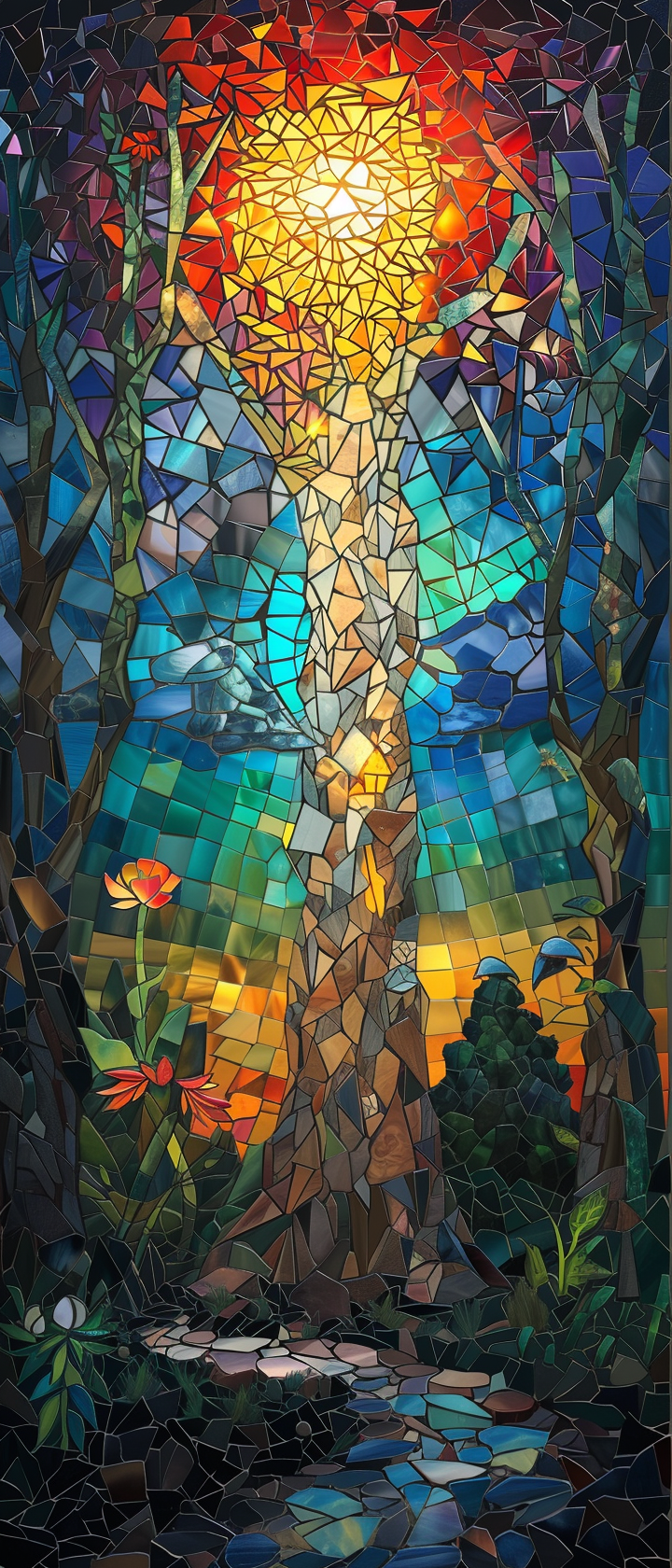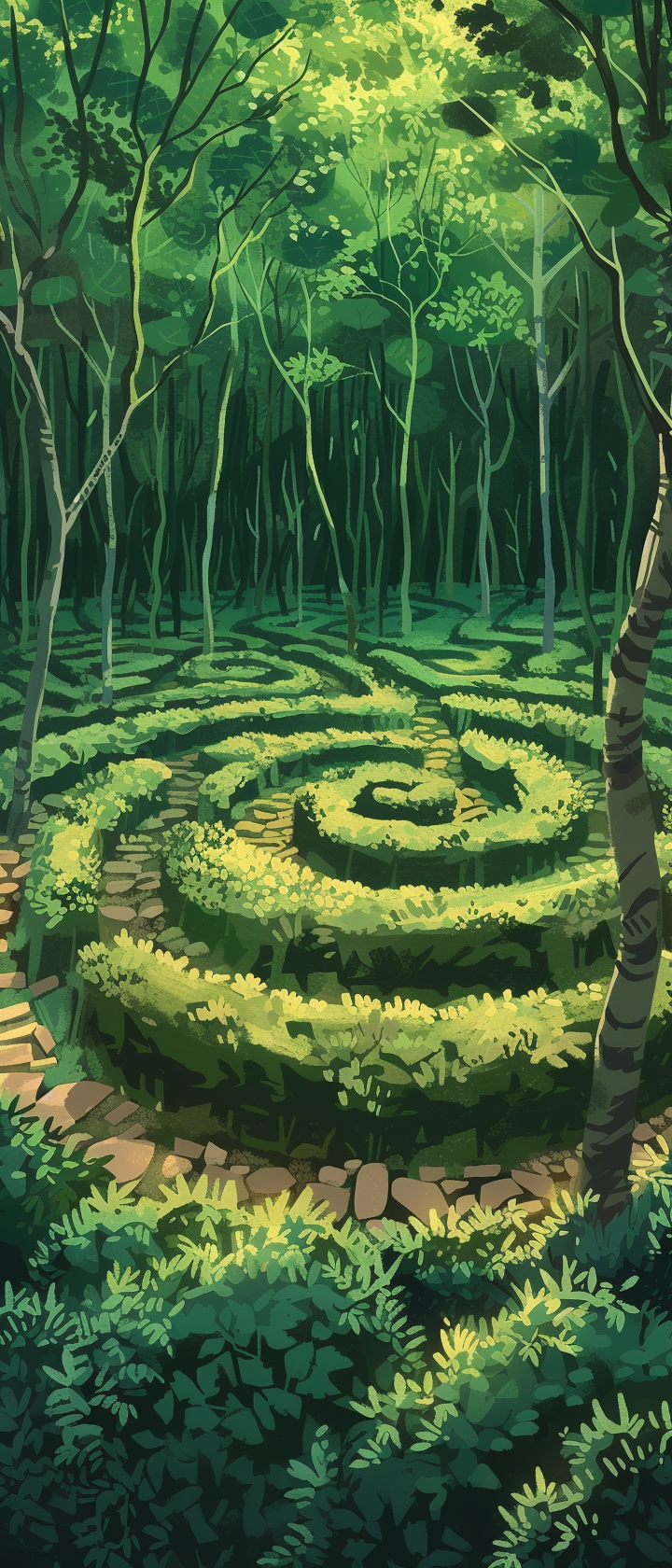Week 10: Transformation and Understanding Atheism and Agnosticism

In Week 10, our journey unfolds to reveal the transformative power of understanding atheism and agnosticism. These perspectives become the fertile ground for personal growth, liberating individuals from the constraints of dogma and embracing the beauty of uncertainty.
Imagine stepping into the world of atheism, where the rejection of traditional beliefs in deities opens the door to a realm of intellectual freedom. Picture the individual who, after questioning the dogmatic doctrines, experiences a profound sense of liberation. This newfound freedom allows them to engage in critical thinking, relying on evidence and reason as their guiding stars. Atheism becomes their transformative path, liberating them from the confines of unquestioned beliefs and connecting them intimately with the tangible realities of our world.
Now, shift your focus to agnosticism, where the acceptance of uncertainty serves as the catalyst for personal growth. Envision someone grappling with the ambiguity of spiritual questions, embracing the idea that certainty is not always within reach. This wrestling with uncertainty isn’t a hindrance; it’s a transformative process that nurtures humility and openness. An agnostic individual might find growth in acknowledging that the journey of understanding is ongoing, making space for exploration without the pressure of immediate answers.
Consider the real-life stories of individuals who have embarked on transformative journeys through atheism and agnosticism. Visualize someone transitioning from a rigid religious upbringing to atheism, experiencing newfound intellectual freedom and a profound connection to evidence-based reasoning. Another individual, navigating the uncertainties of life through agnosticism, develops a more open-minded approach to spiritual exploration, cherishing the value of asking questions without expecting instant solutions.
Now, let’s reflect on your own experiences with transformative growth through atheism or agnosticism. Think back to moments in your journey where you felt liberated from dogma. How did questioning traditional beliefs contribute to your sense of freedom and critical thinking? In what ways did this liberation reshape your connection to the tangible realities of the world?
Consider your understanding of atheism as a transformative path. How has the rejection of deities and traditional beliefs opened up avenues for intellectual freedom and a deeper connection to evidence-based reasoning? Share a specific experience that marked your exploration of atheism.
Delve into the realm of uncertainty in agnosticism. How has acknowledging the unknown become a catalyst for personal growth and humility? Reflect on a time when grappling with uncertainty led to a transformative process in your spiritual journey.
Explore the themes of humility and openness within agnosticism. How has embracing the idea that certainty is not always attainable fostered personal growth? Share an example of how this humility has influenced your approach to spiritual exploration.
Consider real-life examples of individuals who have undergone transformative growth through atheism or agnosticism. How have these individuals navigated intellectual freedom, openness to uncertainty, and a deeper connection to their evolving beliefs?
Reflect on the concept of intellectual freedom within atheism. How has the rejection of dogma allowed you to explore and embrace evidence-based reasoning? Share a specific instance where intellectual freedom played a significant role in your spiritual journey.
Lastly, embrace the ongoing journey of understanding inherent in both atheism and agnosticism. How does the acceptance that your spiritual journey is continuously evolving contribute to your growth? Reflect on the value of exploring questions without the need for immediate answers.
As we embark on Week 10, let’s celebrate the transformative journeys that arise from understanding atheism and agnosticism, recognizing the profound growth and exploration they offer.
Journalling Questions for the Week
How has questioning traditional beliefs led to a sense of freedom and critical thinking in your personal journey? Reflect on a specific moment when you felt liberated from dogma.
Explore the concept of intellectual freedom within atheism. How has the rejection of dogma allowed you to embrace evidence-based reasoning? Share an experience that highlights your intellectual freedom.
Delve into the realm of uncertainty in agnosticism. How has acknowledging the unknown become a catalyst for personal growth and humility? Reflect on a time when grappling with uncertainty led to a transformative process in your spiritual journey.
Reflect on your understanding of atheism as a transformative path. How has the rejection of deities and traditional beliefs opened up avenues for intellectual freedom and a deeper connection to evidence-based reasoning? Share a specific experience that marked your exploration of atheism.
Explore the themes of humility and openness within agnosticism. How has embracing the idea that certainty is not always attainable fostered personal growth? Share an example of how this humility has influenced your approach to spiritual exploration.
Embrace the ongoing journey of understanding inherent in both atheism and agnosticism. How does the acceptance that your spiritual journey is continuously evolving contribute to your growth? Reflect on the value of exploring questions without the need for immediate answers.
Consider real-life examples of individuals who have undergone transformative growth through atheism or agnosticism. How have these individuals navigated intellectual freedom, openness to uncertainty, and a deeper connection to their evolving beliefs?



